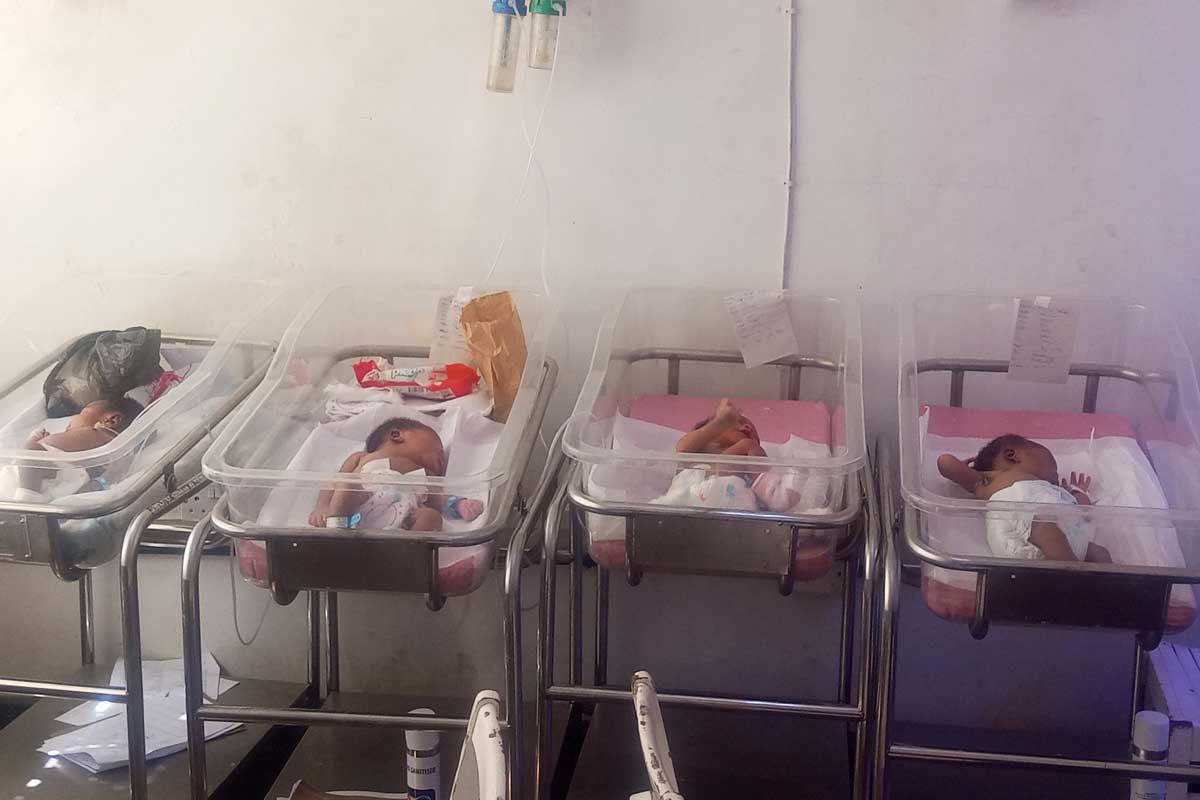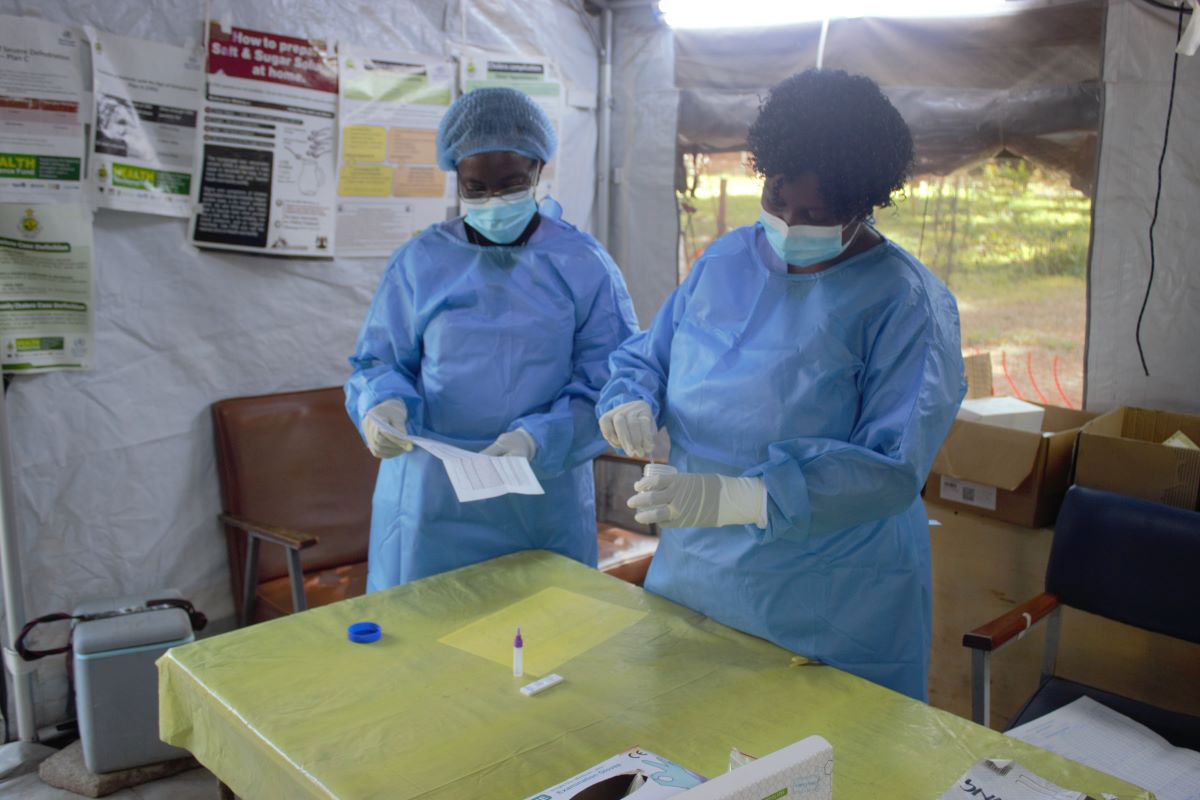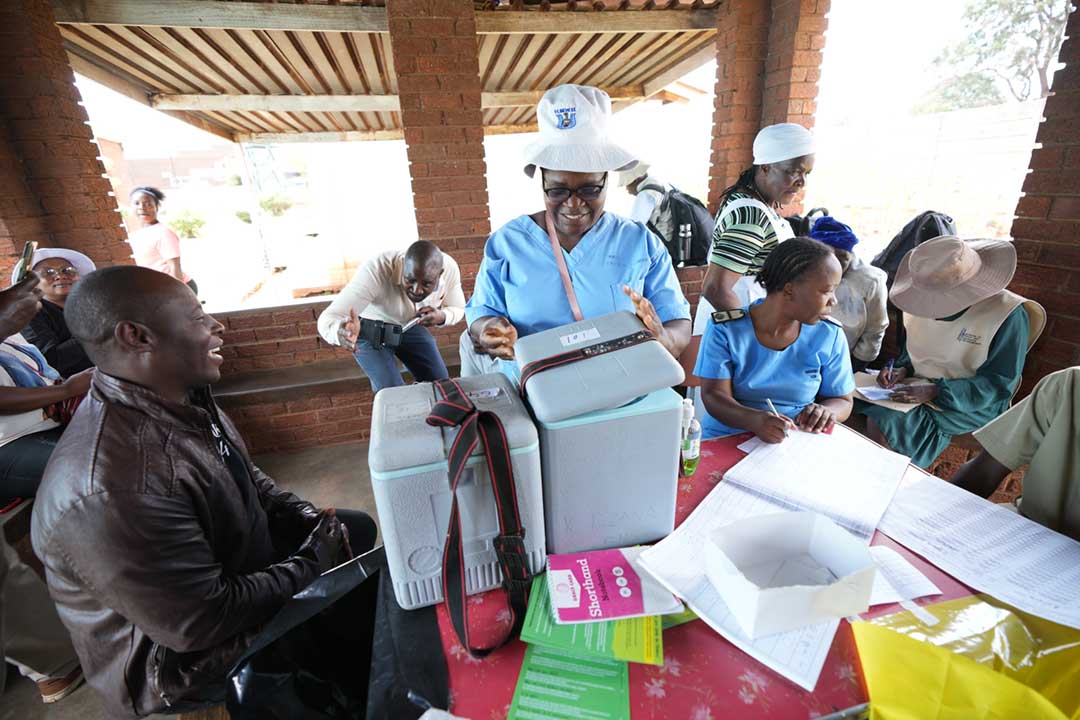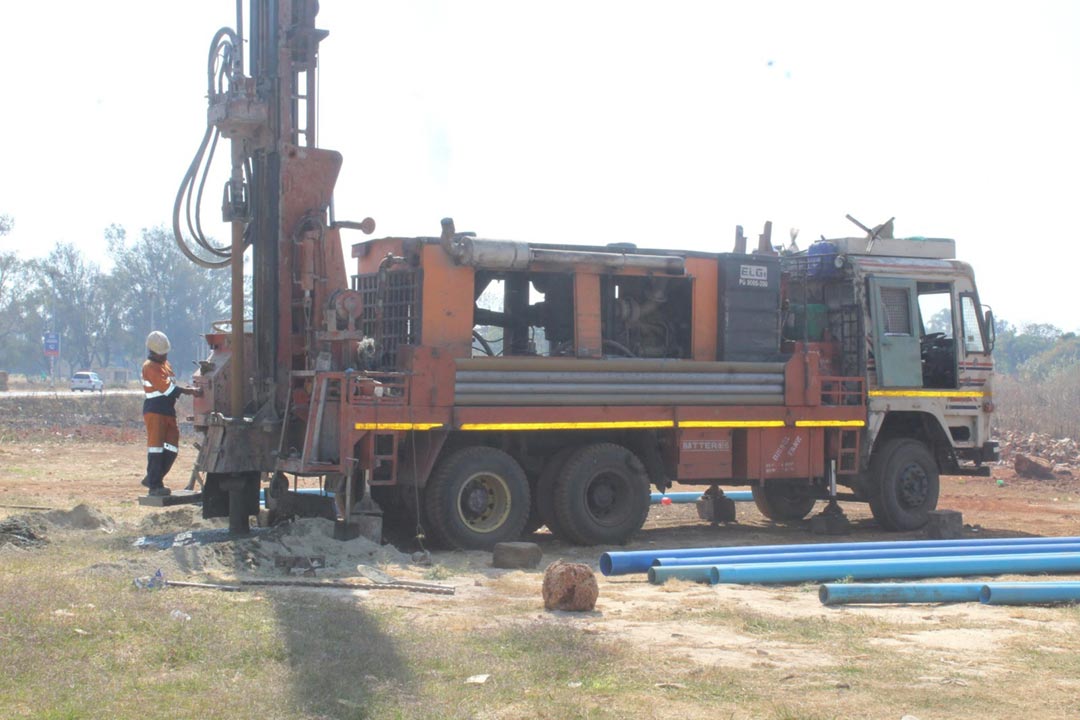“Knowledge is power”: How community education is boosting vaccination uptake in rural Zimbabwe
Elia Ntali meets the cycling health workers who are transforming attitudes towards routine immunisation in Zimbabwean villages.
- 6 May 2022
- 3 min read
- by Elia Ntali
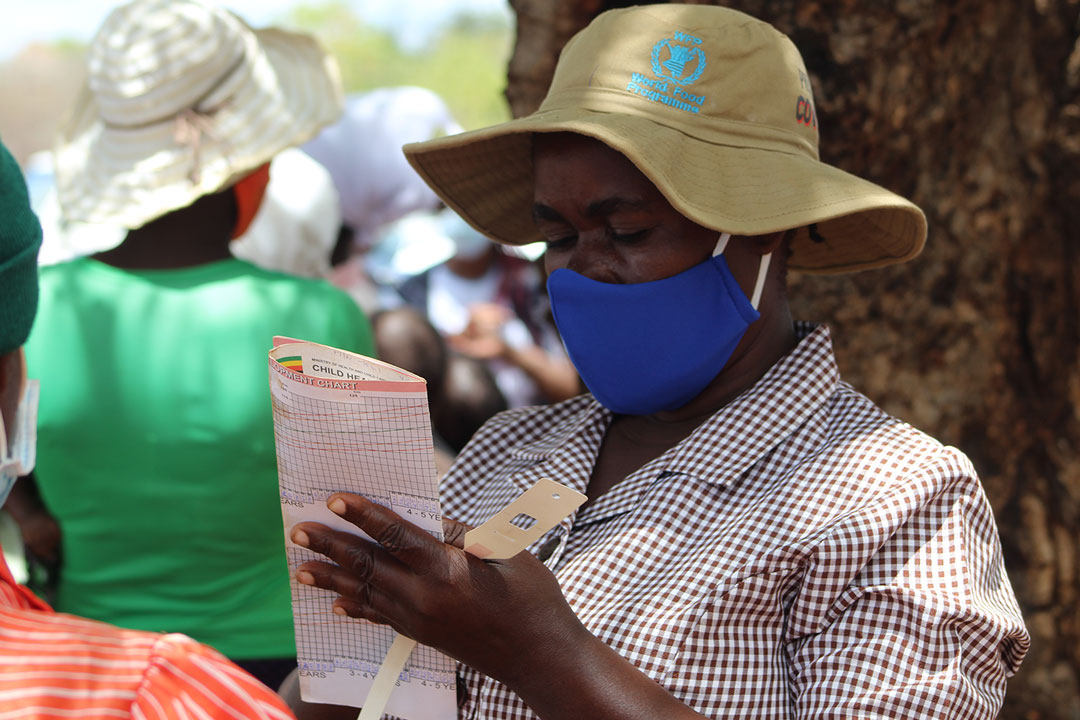
Limited access to health facilities and ignorance around the importance of routine immunisation have been major barriers to the full realisation of children’s health in rural areas of Zimbabwe.
“In the past, routine immunisation was considered a waste of time by many people in the villages,” says Memory Muchuwa from Buhera district, in the eastern part of the country.
“Community Health workers in Chipinge have been at the centre of monitoring compliance to the immunisation programme. Generally, there has been a low uptake due to myths and religious beliefs, but that has improved since health workers have been deployed door to door to ensure that routine immunisation is adhered to.”
Muchuwa is part of a growing army of village health workers who are transforming attitudes towards the importance of childhood vaccinations through the education and support that they provide. Equipped with bicycles donated by various development partners, their message is even starting to reach villages that were once deemed inaccessible.
They are backed with enough information to educate the villagers, and the reception towards them has been overwhelming, Muchuwa says: “Most of them now religiously adhere to immunisation of their children.”
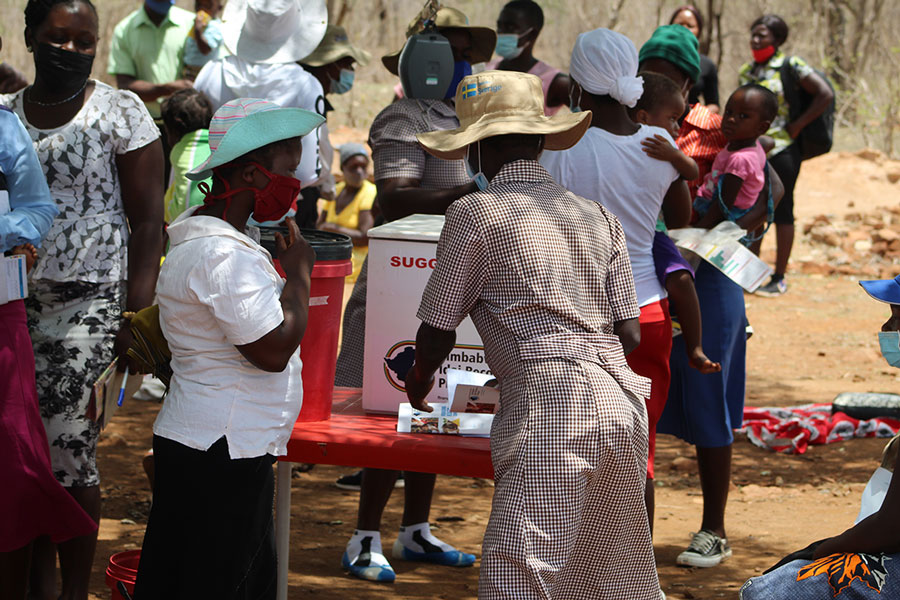
She describes her work administering health care services to three villages as easy and productive. “Our goal is to cover every village within our jurisdiction and even beyond, because we need to create a healthy community,” says Muchuwa. “I move around three villages twice a week, providing information to mothers and checking on the health of their babies. As a barometer for the success of these visits, we have seen villagers who were resisting routine immunisation on religious grounds now embracing it.”
Albert Makodza, a traditional leader in Mushongwi village, in Buhera district, describes the health workers’ duties as life-changing for the community.
Have you read?
“Previously, mothers were reluctant to take their children for routine immunisation and it created some challenges in the community with some children mysteriously succumbing to illness. The coming of the village heath workers was a game-changer. We realised that knowledge is power as the health workers gave us information that changed our mindset, especially on routine immunisation,” he says.
“Those who had been resisting routine immunisation on the basis that their churches do not allow it, are now the ones on the forefront and their leaders have been encouraging them to take their children to clinics. Others felt the distance taken to reach the clinic was costly, but again, these health care workers have played a significant role in making sure that routine immunisation is provided on their doorstep.”
Marian Chipere, senior sister at Murwira clinic in Muzokomba, Buhera district, says village health workers have eased a challenge that had been hampering the smooth flow of health care programmes.
“In the past, we would announce dates for clinic visits through schools and community gatherings, but the response was worrisome as few would come,” she says. “The direct visits of village health workers has improved the situation, as they reach different villages on time and administer vaccines with the assistance of nurses.”
According to the community organisation Platform for Youth and Community Development (PYCD), village health workers in Chipinge district also played a pivotal role in monitoring routine immunisation during the COVID-19 lockdown.
“Community Health workers in Chipinge have been at the centre of monitoring compliance to the immunisation programme. Generally, there has been a low uptake due to myths and religious beliefs, but that has improved since health workers have been deployed door to door to ensure that routine immunisation is adhered to,” says PYCD director Claris Madhuku.
Without the village health workers, routine immunisation in rural Zimbabwe would be a significant black mark for health service delivery to children.
